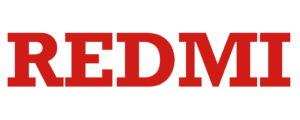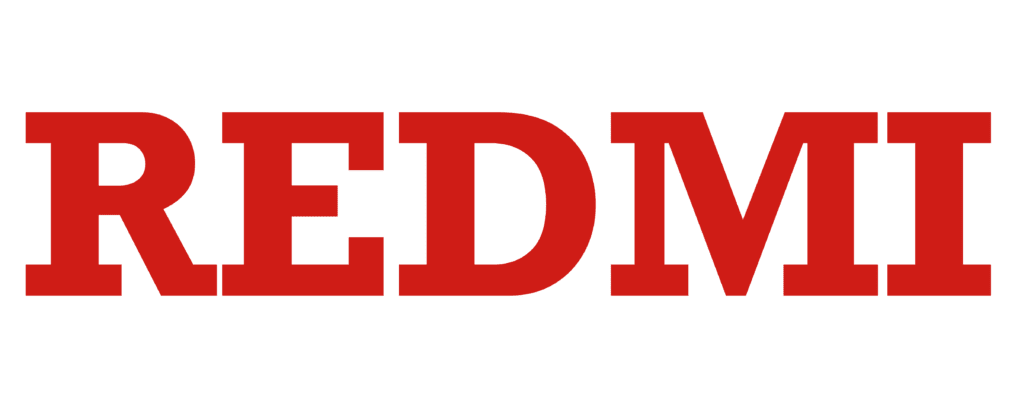Digital marketing is highly fluid and a constantly expanding sector of activity, which makes it thoroughly interesting to pursue as a career. A digital marketing strategy is simply a marketing technique that involves advertising or marketing goods and services via electronic and computer devices. It refers to a marketing strategy whereby the brand communicates with the target audiences through various internet platforms.
If you are wondering how to become a digital marketer, this may be the right career if you are interested in technology, creative thinking, and consumer behavior. A professional digital marketer should have a long-term vision, an innovative mind, and analytical thinking who uses web space to facilitate the client’s outreach to the target audience.
This is the case since they create the context of engagement in their online environment and design a complete experience journey to encourage people to interact and follow the brands. Consequently, digital marketers are also jack of all trades, ranging from the implementation of interesting content to ensuring their content gets seen.
Top 5 common steps to become a Digital Marketer
- Creativity: For the generation of new marketing strategies.
- Analytical Skills: To evaluate the efficiency of the particular campaign and make some adjustments or changes if needed from the results of the analysing.
- Communication Skills: As a means of communicating marketing messages to the targeted consumers.
- Problem-Solving: To solve problems one is bound to face in the course of the allotted task or mission.
- Adaptability: For the continuous isomorphic pressure and to update themselves with the current trend and changes in the market.
Note : Below is your guide on how to kick-start your career as a digital marketer;
Step 1: A Basic Newcomer to Digital Marketing
Developing an awareness of the fundamentals is the first move that must be made if one wants to know how to become a digital marketer. This is a prerequisite to fully understand the extent of digital marketing before going deeper into it. You have to be quite proficient in things such as SEO, SMM, and content creation. The same way people design a house; you first have to establish the basics before you put the showpiece.
- It encompasses various disciplines, including It encompasses various disciplines, including:
- Search Engine Optimization (SEO): Enhancing the basic tasks of Website Optimization, which is the task of increasing the ranking of the site on the search engine result pages.
- PPC Advertising: Paid ads on search engines and social media ads.
- Content Marketing: Coming up with high-quality content that would appeal to consumers and hence retain them.
- SMM: Some of the activities include; leveraging social media to create awareness of the target market.
- Email Marketing: Creating and maintaining relationships by using e-mail communication.
- Analytics: Metrics as applied to Web site and marketing success.
Step 2: Becoming Proficient in the Application of Digital Marketing Tools

It is essential to have a good understanding of the key instruments of digital marketing most widely used. Knowledge of google analytics platforms and SEO tools, social media management tools, and email marketing applications help in making accurate decisions, marketing optimization, and result orientation. Also, mastery of the design and content production tools enhances the ability of marketers to create good content that is appealing to target consumers.
On balance, such tools are vital to maintaining competitiveness and achieving business development objectives in today’s global environment when businesses have a profound understanding of the tools. It’s activity: familiarity and constant practice, as well as continuous experimentation with these tools, will be characteristic of your work, enhancing the outcomes.
- Google Analytics: Conventional method of evaluating the traffic on the websites.
- Adobe Analytics: It has detailed client reporting and other enhanced monitoring tools.
- Ahrefs, SEMrush, Moz: Keyword research, analysis of backlink profile and competitor analysis.
- Google Keyword Planner: Keyword generation tool which is free of charge.
- Adword, Microsoft Advertising: Sustain search and display ads, usually this contract is signed with third parties for optimising the advertisements.
- Facebook Ads, Instagram Ads: Engage with target marketplaces in social media.
- Hootsuite, Buffer, Sprout Social: Plan, coordinate, and evaluate the messages posted on the social networks.
- Mailchimp, HubSpot, Constant Contact: Design bulk messages, and monitor
Step 3: Construct a Comprehensive Digital Marketing Portfolio
Portfolio creation is a great way of presenting the employer’s or client’s skills and accomplishments to the world. While a creative portfolio is not just about producing portfolio material, a robust portfolio also contains levels of Quality Improvement and KPIs. Hence, proper communication and howcasing of your work make it possible to market yourself as an asset within the entity and in the growing arena of digital marketing.
- Choose a platform: When choosing a platform to share your work, it is recommended to choose an accessible platform such as Website builders like Wix or Squarespace; or online portfolio websites such as Behance.
- Showcase your best work: Emphasise those campaigns that took place in your participation, and describe your actions, lessons, and outcomes. Value icons, statistics, and feedback from the clients.
- Tell a story: Every project must be about a concern, the proposed cure, and the resultant change.
- Diversify: Show proficiency in SEO, PPC, SMM, and Google ads as well as content and email marketing.
- Keep it updated: Always update with new projects to demonstrate the path of your progression and flexibility. Your portfolio also speaks volumes about your skills as well as the level of expertise that you possess. It should be presentable, well arranged, and should have a chance of winning the
reader or the viewer over.
Step 4: Create a Compelling Marketing Resume
Your resume is the initial step to selling your skills, so make it effective! It is equally important to create a perfect resume for the marketing specialist position that you have in mind. This means that the skills, achievements, and experiences showcased have to be precise and easily understandable. Conveying your marketing strength & dollars and cents achievements definitely helps put together a resume that will green up against the crowd.
Advice for Writing a Professional Resume:
- Focus on results: Use measures (for example, enhancing the quantity of goods sold by 20%).
- Tailor to the job: But, you have to adapt each one depending on the application that will utilise it.
- Highlight digital skills: Website optimization, paid advertising, site promotion, social networking, statistics, etc.
- Use strong action verbs: Demonstrate what you know how to do well.
- Keep it clean and concise: Of course, the optimum number of pages is one, or even half of a single page rather than a full double-page spread.
- Proofread carefully: Avoid errors.
- Include keywords: Correlate job description.
- Showcase your portfolio: Connect it to what you do.
Step 5: Expand Your Marketing Network
Marketing is a widely connected industry, and that means that it is necessary to have good contacts. Thus, through participating in professional events and conferences, becoming a member of professional associations, and using Internet technologies, a marketer increases their circle of contacts.
Such relations open up opportunities for cooperation, finding jobs, and gaining access to information on the tendencies in the industry and effective practices. Building a solid network is essential in the current world where change is constant, more so in the marketing field.
Conclusion
Entering the world of digital marketing is an interesting breakthrough to the core of the contemporary economy. The application of digital marketing is extensive and grows each day as a result of more advanced technology. It is an area where fantasy catches the facts; it is an area where the play of tactics and plans makes innovation possible.
You will be leading the creation of brand stories, engaging in designing digital content and services and
contributing to business success.
It demands a unique blend of skills: the skills of creative and abstract thinking, precise analytical capabilities, and tolerance to constant changes in the digital environment. Nevertheless, with an adequate set of desirable skills, passion, and dedication, you can create a successful career focusing on the further evolution of the interactions between brands and their target audiences.
To become a digital marketer, start by developing your understanding of various digital marketing channels, including social media, SEO, content marketing, and email marketing. Consider taking courses or obtaining certifications to build your expertise. Networking with professionals in the field can also provide valuable insights and opportunities.
Just to remind you, insight into digital marketing is not about the tools, but about the audience behind the screens. This is the art of relating, communicating, and providing information or service. Thus, if you are interested in technologies and have some predisposition to problem-solving in the context of high-speed work.
You will be happiest as a digital marketer. Facing the issues, constant questioning, and, most importantly, the thirst for constant learning. The virtual environment is extensive, and doing business online is incredibly unrestrictive.







Informative! Thank You for sharing.